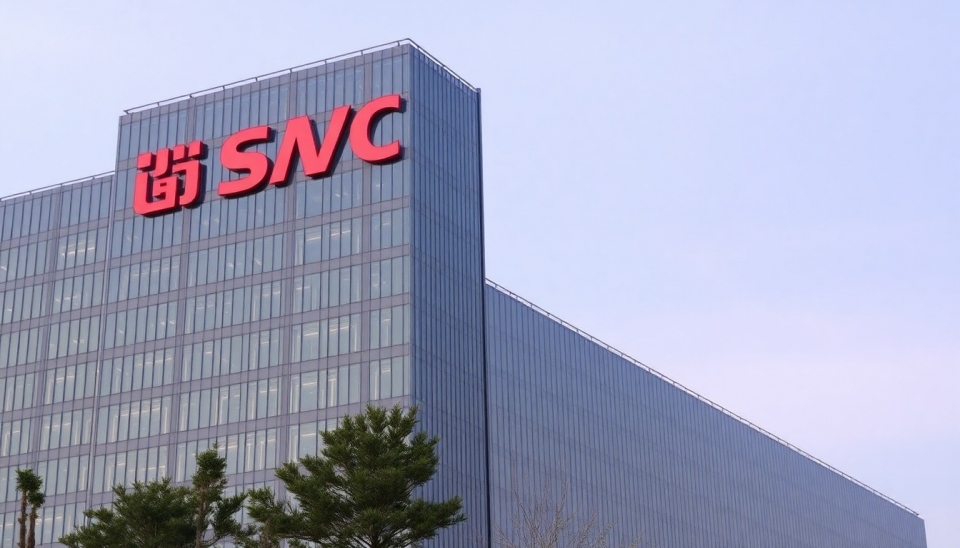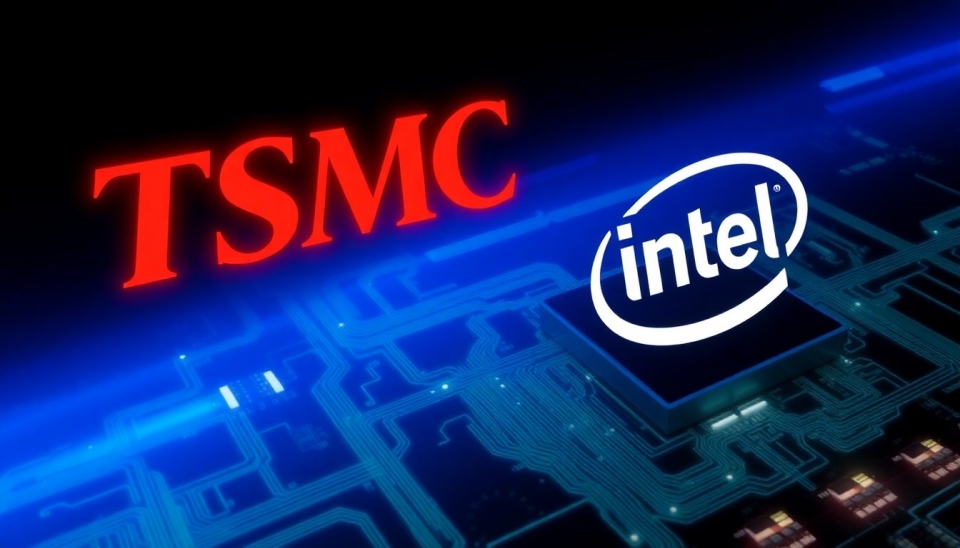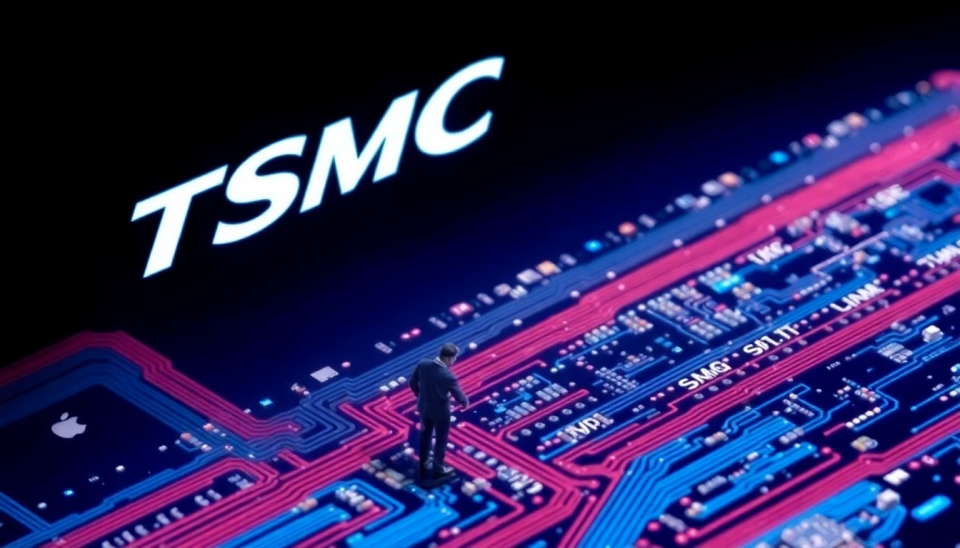In a significant development for the U.S. semiconductor industry, Taiwanese chip giant TSMC (Taiwan Semiconductor Manufacturing Company) has announced that its production yields at its recently opened facility in Arizona have surpassed those from its established plants in Taiwan. This milestone is not only a testament to TSMC's commitment to expanding its operations in the U.S. but also represents a crucial victory for American efforts to bolster domestic semiconductor manufacturing.
The Arizona facility, a key component of TSMC's broader strategy to localize chip production, has begun to outpace traditional production lines in Taiwan. This achievement is critical as the United States seeks to reduce its dependence on foreign semiconductor supply chains, a need that has become increasingly apparent during global shortages and geopolitical tensions.
TSMC's ability to achieve higher yields in Arizona indicates that the company's advanced manufacturing processes are successfully transferring to its U.S. operations. With greater chip availability, the Arizona facility potentially positions itself as a crucial player in the substantial demand for semiconductors across various industries, including automotive, consumer electronics, and telecommunications.
The company's Arizona plant is expected to play a vital role in meeting the surging demand for advanced chips used in everything from smartphones to electric vehicles. TSMC’s investment in the facility reflects a broader trend of reshoring manufacturing to the U.S., supported by governmental initiatives aimed at revitalizing America's semiconductor sector.
Vice President Kamala Harris mentioned during a recent visit to the facility that TSMC's progress exemplifies the Biden administration's strategy to enhance U.S. competitiveness through investment in high-tech manufacturing. The leadership's focus on semiconductors is timely, given President Biden's $50 billion push to support domestic semiconductor research, development, and manufacturing.
Industry analysts view TSMC’s achievement as a potential game-changer for the U.S. semiconductor race, particularly as companies like Intel and others work to expand their manufacturing capabilities. The Arizona facility's success presents a compelling illustration of how investing in domestic capacities can foster innovation and resilience in the supply chain.
Furthermore, TSMC's Arizona plant is expected to create thousands of jobs in the region, aiding local economies and further solidifying the U.S. as a significant player in the technological field. The company's presence there is likely to attract additional investments from other tech giants seeking to harness the advantageous conditions of a robust semiconductor ecosystem.
As the tech landscape evolves, the TSMC Arizona facility's success may inspire other global semiconductor firms to consider establishing plants in the U.S. This shift could significantly alter the dynamics of the global semiconductor market, with implications for supply chains, pricing, and technological development.
With Arizona's facility leading the way for chip production yields, the U.S. semiconductor landscape is poised for remarkable transformation. It encapsulates a pivotal period of growth and competitiveness, reflecting the commitment and investments made to secure America’s technological future.
As the situation progresses, stakeholders in the tech industry will be keenly observing how this development unfolds and whether it catalyzes further advancements within the semiconductor space in the United States.
#TSMC #Semiconductors #USManufacturing #ChipProduction #ArizonaFacility #TechIndustry #BidenAdministration #Innovation #GlobalSupplyChain
Author: Emily Collins




